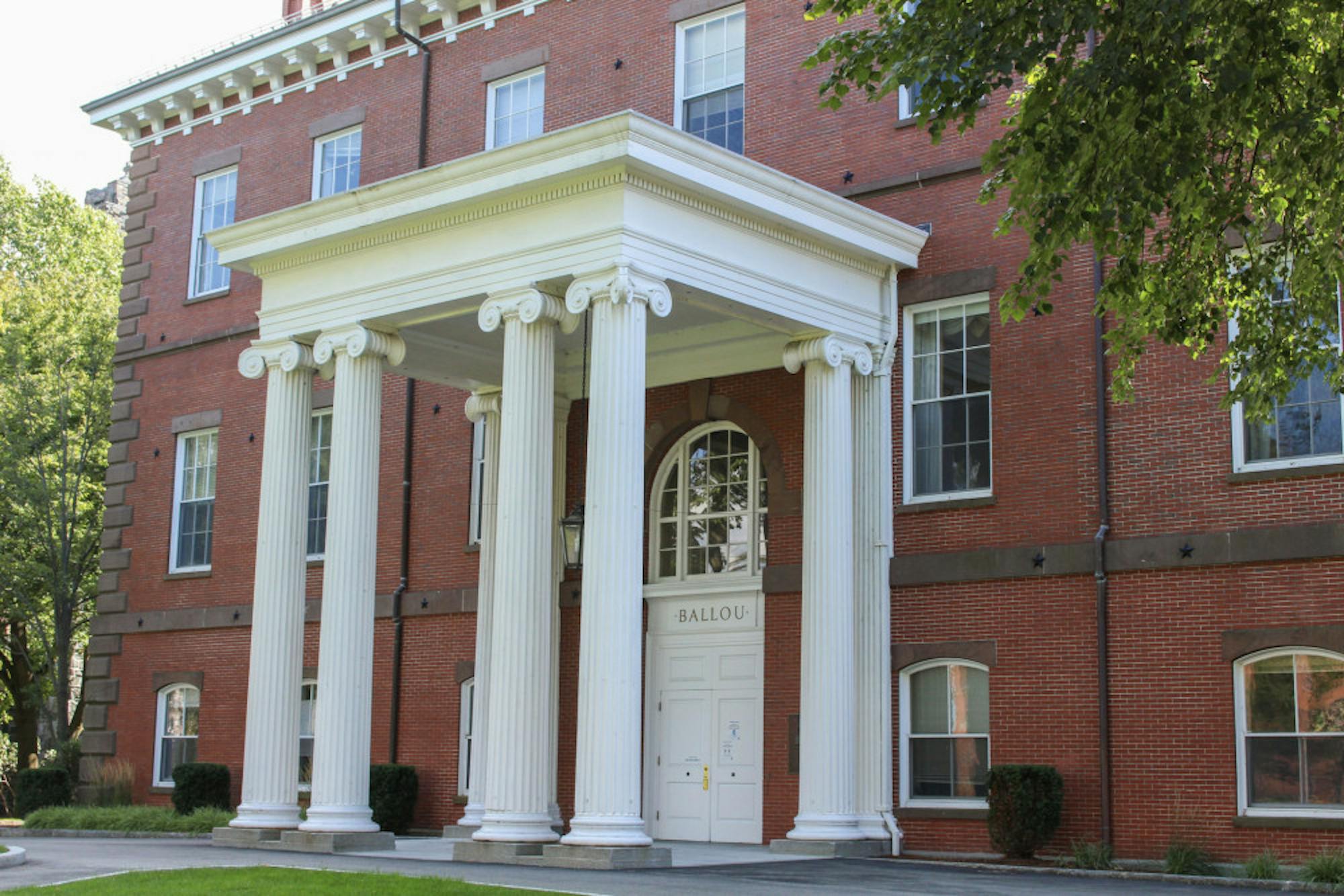Tufts joined 32 other colleges and universities in signing an amicus curiae brief for the Supreme Court of the United States affirming the legality of race-conscious college admissions. The brief, filed by Amherst College on Aug. 1, expresses support for Harvard College and the University of North Carolina in their ongoing legal battle to maintain students’ race as a factor in college admissions decisions.
Both universities were sued in 2014 by Students for Fair Admissions, a group that argues affirmative action practices in college admissions — which aim to increase enrollment of Black, Latino and other underrepresented students — are discriminatory and unconstitutional under the equal protection clause of the 14th Amendment. After losing in lower courts in 2019 and 2021, SFFA appealed the ruling to the Supreme Court, which is set to hear their cases this fall.
The amicus brief, signed by many selective colleges and universities with holistic admissions processes, states that race-conscious admissions processes help to create “the educational benefits of a diverse student body and the societal benefits of educating diverse future leaders.”
In a statement to the Daily regarding Tufts’ decision to sign the brief, University President Anthony Monaco explained why the university supports affirmative action policies.
“One of the most distinctive attributes of a Tufts education is the multitude of backgrounds and perspectives that our students bring to campus that enrich the student experience,” Monaco wrote. “At Tufts, we embrace diversity and recognize its power to enlighten, teach, and bridge differences.”
SFFA’s lawsuit accuses Harvard of discriminating against Asian American applicants and advocates for “race-neutral” admissions processes. If successful, SFFA’s case against Harvard and UNC would disrupt the precedent set by the 2003 case Grutter v. Bollinger, in which the Supreme Court ruled that race-conscious college admissions were lawful.
Natasha Warikoo, a Tufts sociology professor whose research focuses on racial inequality in higher education, pointed out inconsistencies between SFFA Director Edward Blum’s claims of discrimination and data surrounding the experiences of Asian and Asian American applicants.
“[Blum] is not interested in discrimination toward Asian Americans, or anybody,” Warikoo said. “His goal is to end any race-based policy that is trying to actually remedy racial exclusion.”
Warikoo disputed the notion that colleges have certain quotas based on race or ethnicity, noting that admissions officers prioritize a number of different applicant attributes. While not explicitly racialized, factors like extracurricular participation, intended major and legacy status may be influenced by underlying variables that relate to systemic racism, she explained.
Warikoo also expressed disappointment that the Supreme Court — currently dominated by a supermajority of six conservative justices — decided to take the case despite nearly 20 years of precedent supporting the legality of affirmative action policies.
“There was kind of a shock that the U.S. Supreme Court took this case, because there have been multiple cases that have already been to the Supreme Court that have confirmed affirmative action legally, as long as it’s narrowly tailored,” Warikoo said. “This court is not afraid to overturn precedent.”
In a statement to the Daily, Dean of Admissions J.T. Duck discussed how affirmative action practices fit into Tufts’ holistic application review process.
“Our process of building each entering class involves reviewing thousands of applications in a holistic, contextual, and iterative admissions process that takes into consideration dozens, if not hundreds, of factors for each applicant,” Duck wrote. “We care very much about each applicant’s voice and journey, what motivates them, and how what they have learned from their journey will contribute to our dynamic community.”
Like many colleges, Tufts would have to change its admissions practices if the Supreme Court ruled in favor of SFFA. In a written statement to the Daily, Senior Vice President and General Counsel Mary Jeka noted that Tufts will remain committed to “ensuring that our community reflects students from all walks of life,” regardless of the Court’s decision.
“Even if a particular admissions or recruiting practice were to be viewed critically or negatively by the court, that does not mean that universities – such as Tufts – cannot continue to advance their diversity, equity, and inclusion goals,” Jeka wrote. “There are many ways to help underrepresented people feel welcome at Tufts and to support their success.”
Warikoo commended the university’s decision to join the amicus brief. “Tufts is talking about being or becoming an anti-racist institution, and I think this is a small but important symbolic gesture to put our name on the line and say, ‘This is what we believe in,’” Warikoo said.






